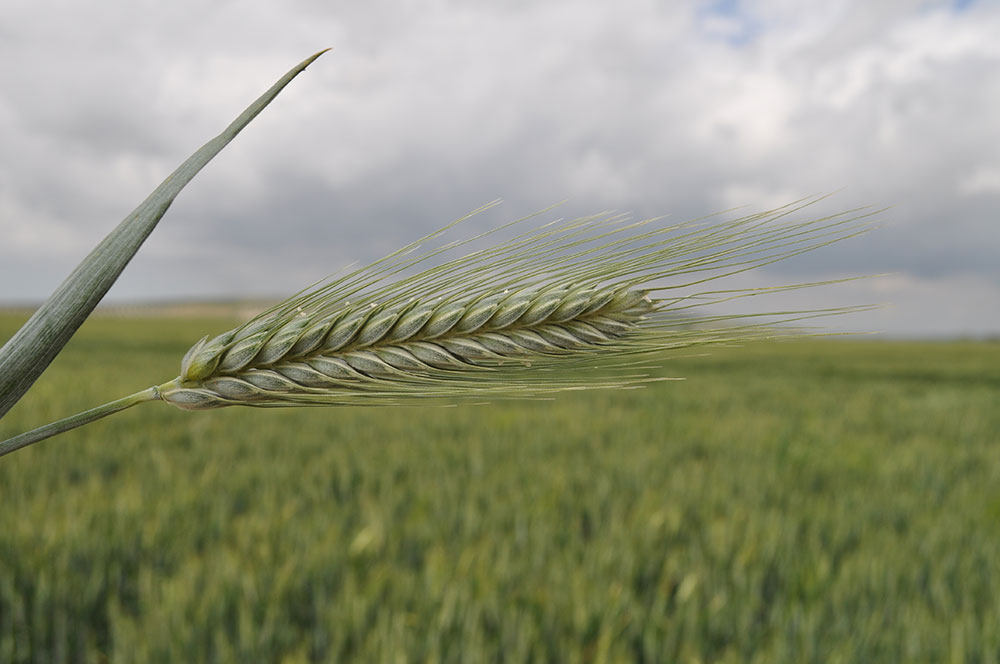A worrying new report reveals that the African Continental Free Trade Area (AfCFTA) will further marginalize smallholder farmers, who produce more than 80% of the continent’s food. If urgent policy changes are not made, the AfCTA and the post-Malabo roadmap will worsen food and nutrition insecurity, erode seed biodiversity, and strengthen corporate control over Africa’s food and seed systems.
The report warns of the consequences of the AfCFTA and post-Malabo policies on African smallholder farmers and seed sovereignty. He points out that these policies could marginalize the farmers who produce the majority of food in Africa, while strengthening multinational companies’ control over food and seed systems. The report proposes reforms to prioritise food sovereignty and farmers’ rights, and criticises the growing influence of business on agricultural policies. The report warns that the AfCFTA and post-Malabo policies threaten smallholder farmers and seed sovereignty. Agribusiness multinationals are cornering agricultural supply chains, to the detriment of farmer-led systems. The AfCFTA’s trade policies are accelerating the expansion of corporate-controlled seeds, threatening food sovereignty. UPOV 1991 (International Union for the Protection of New Varieties of Plants) limits farmers’ rights to save, exchange and sell seeds. The report recommends reforms to ensure food sovereignty and farmers’ rights. Experts highlight the need to strengthen intra-African trade in farmer-managed seeds and food.
Source : AFSA




